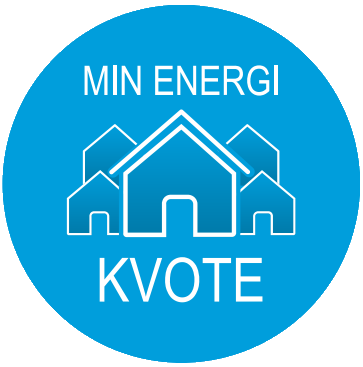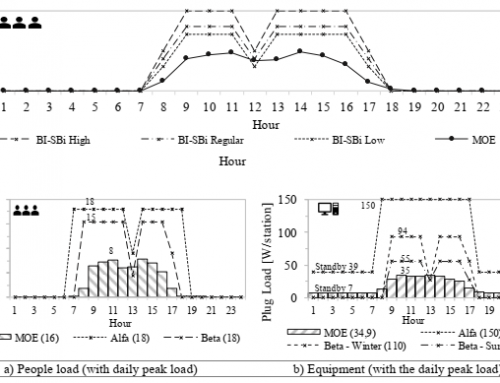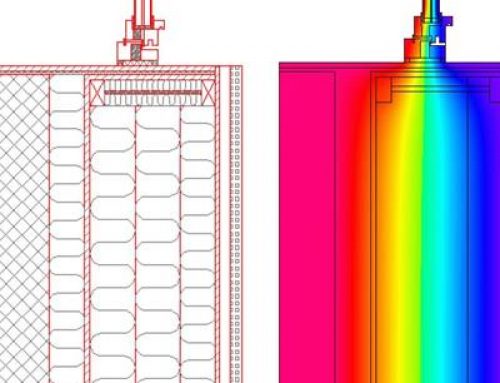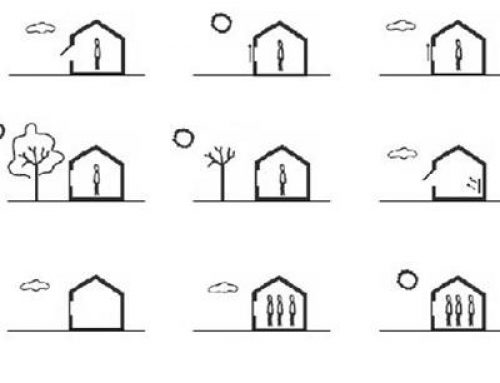Project Description
Bachelorprojekt
Abstract
Because of increasing energy consumption throughout the World, global warming has become a major threat. With increasing temperatures and the water level rising, the need for climate awareness is more important than ever. However, the UNFCCC (United Nation Framework Convention on Climate Change) struggle to assemble and make the worlds countries agree on terms for improvement. Previously the Kyoto protocol was in 2012 extended to 2020, unfortunately many of the larger CO2 emitting countries failed to accept the terms, mainly because of economic issues. Despite the loss of important members, Denmark chose to join the movement for environmentally conscious. The current congregation only includes 3.5% of worlds CO2 polluting countries.
The Danish government has agreed on terms for reducing CO2 emissions within the country. In Denmark, nearly 1/3 of the total energy consumption can be referred back to households. Even though renewable and sustainable energy has improved Denmark’s CO2 emission level over the past decade, the quotas are still not obtained. The government’s strategy, including reduction of oil and coal in energy
production, is a stepping-stone in CO2 decrease. Unfortunately, this strategy does not achieve the most desirable situation as other problems has occurred. For instance, the social pressure on the average consumer to spend more energy is increasing the total amount of CO2 emissions. According to proven studies, a large barrier to reduction of the energy consumption, within Danish dwellings, is simply the lack of knowledge and information given to the owners. Consumer behavior is, however, difficult to monitor, predict or change.
Based on the previous statements, this report attempts to collect, process and discuss existing data on energy consumption as a result of consumer behavior and
technical and social differences within the households. The project seeks to create a private energy budget. By separating the use of energy into electricity, heating and water consumption, a final energy budget will be created for the individual household. The energy budget will be added or subtracted different values on behalf of the household’s socio economical background to the possible extend. This
will be done on behalf of SBI studies, which succeed to determine predicted energy attributes due to social variation in number of people, age or income (SBI – State
Building Research Institute). Furthermore, the energy budget will vary because of difference in the technical construction of the households. The energy attribute due to technical variation will be determined by energy label, supply facilities, number of toilets and area of the household. To present the energy budget a VBA encoded program has been created.
Resume
Denne rapport er produkt af et bachelorprojekt på Ingeniørhøjskolen Århus Universitet inden for Byggeteknik, specialeretning Energi og Indeklima. Projektet er
udarbejdet med civilingeniør Steffen E. Maagaard fra Artelia A/S som vejleder.
Projektperioden har forløbet i foråret 2015 og omhandler belysning af tekniske og sociale forklaringer på forskelle i energiforbruget i danske husstande, som formidles i et simpelt beregningsprogram.
Der skal rettes tak til Kim Wittchen fra Statens Byggeforskningsinstitut, Flemming Schrøder fra Alectia A/S og Mariann Bruun fra Aarhus Vand som har været behjælpelige med svar på problemstillinger i forbindelse med litteraturstudiet. Yderligere skal der rettes en særlig tak til Jesper Kragh og Anders Rhiger Hansen fra Statens byggeforskningsinstitut som eksklusivt har udleveret endnu ikke publiceret materiale.






